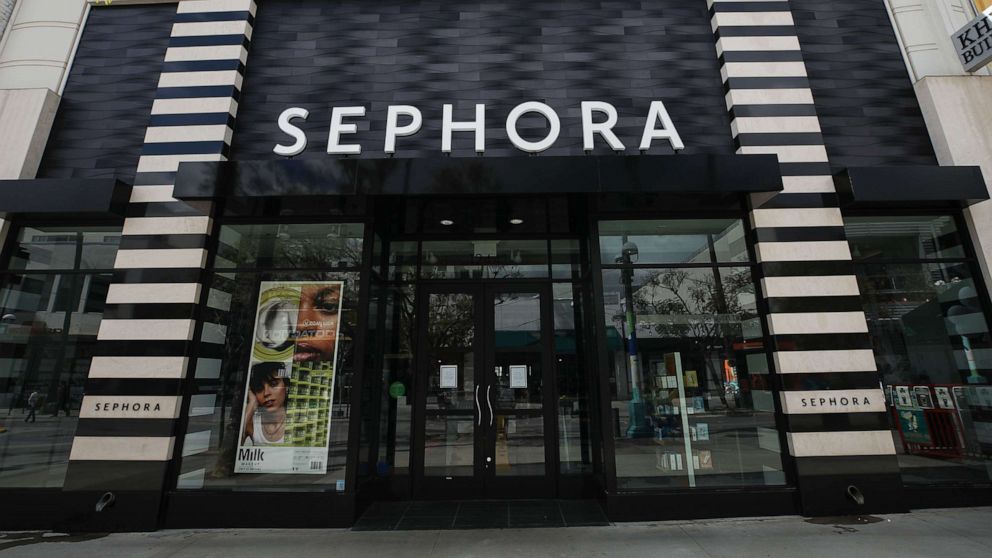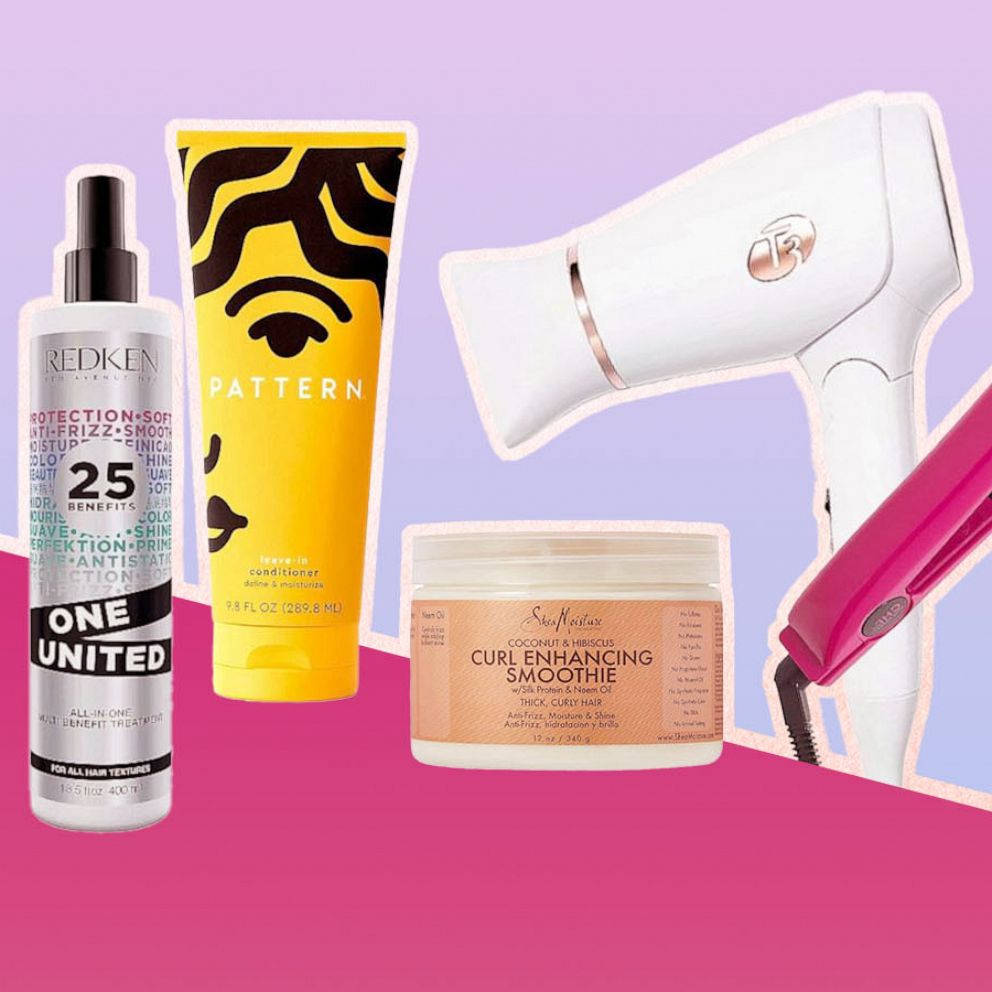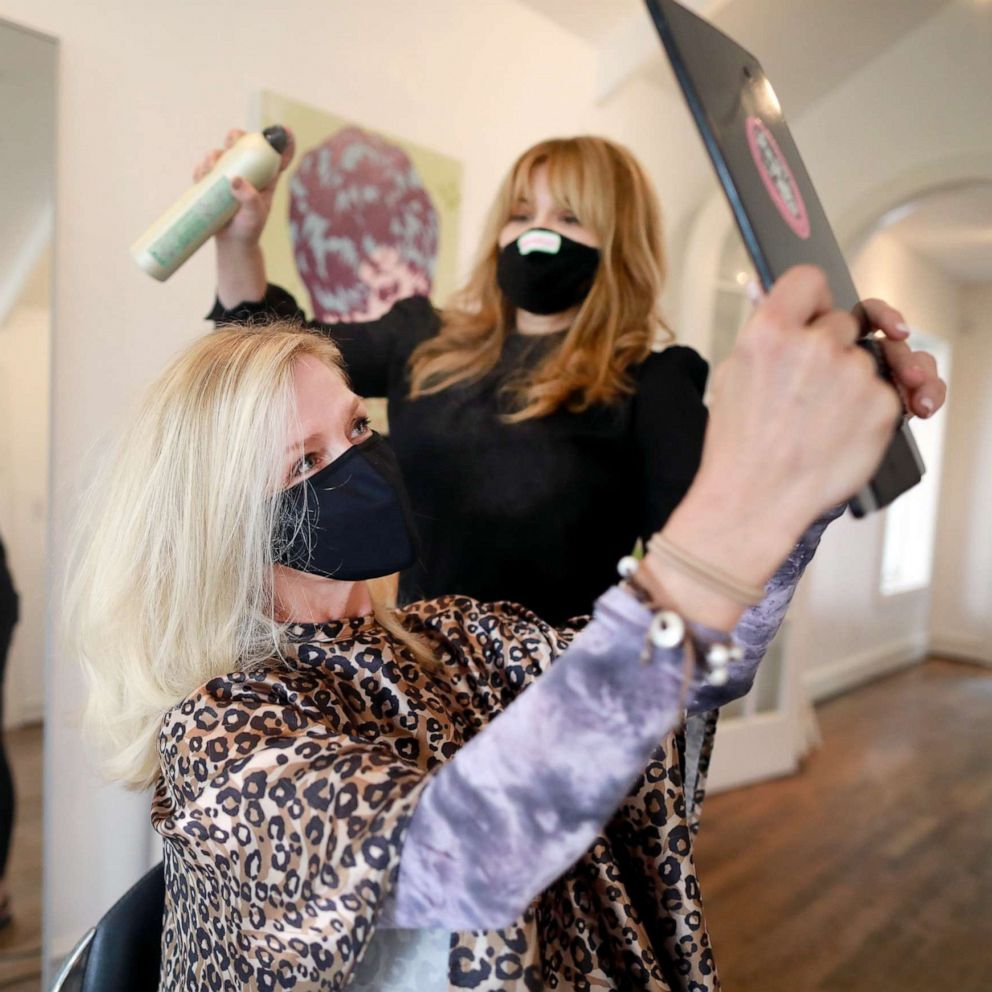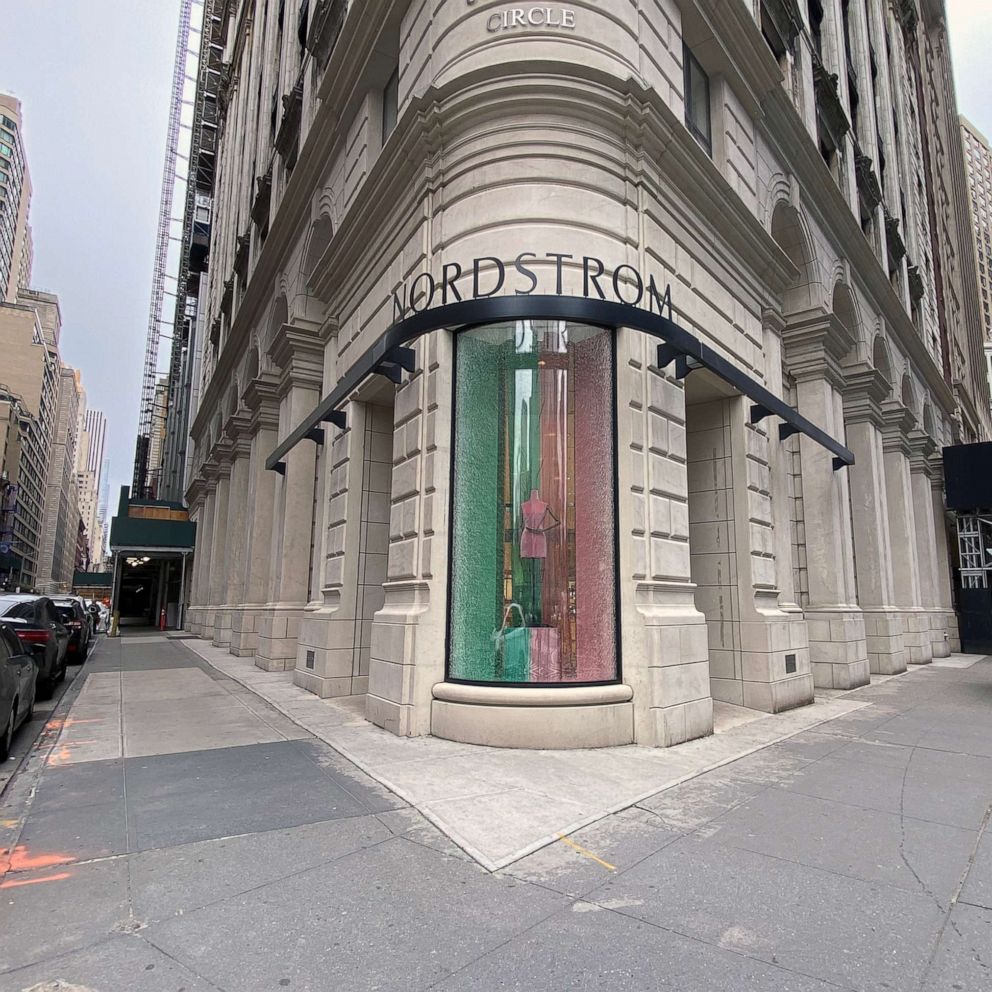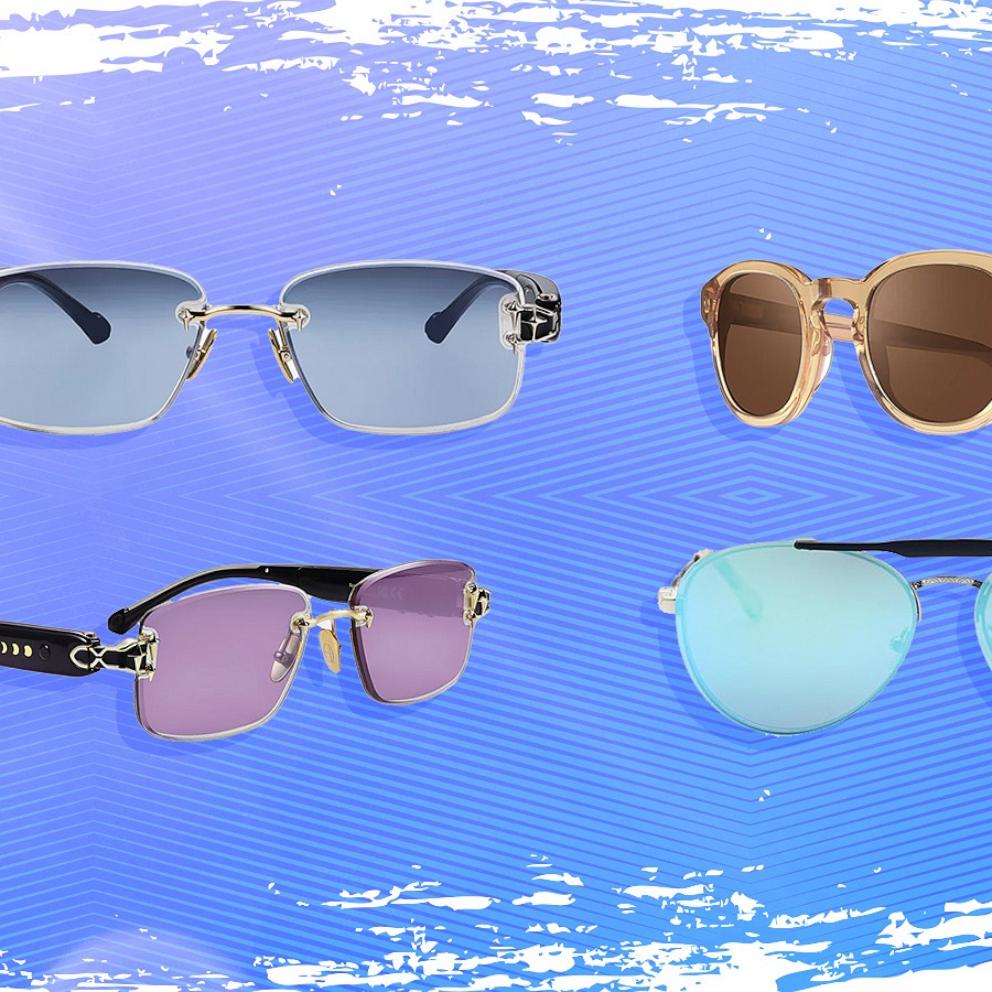Shopping post-pandemic: Sephora, Nike, Gap and more reveal store reopening plans
As retailers plan to reopen after being closed due to the coronavirus pandemic, many are reemerging with updated shopping experiences that include staff wellness checks, plexiglass shields and suspended beauty services.
After closing all locations since mid-March, Sephora released its reopening plans which include heightened safety measures for employees and customers.
A phased reopening plan for the beauty retail giant is set to begin in 70 stores across 13 states which include Georgia, Texas and South Carolina.
"While the retail environment will feel different and many factors will remain out of our hands, we've learned to embrace what we can control, Jean-André Rougeot, president and CEO of Sephora Americas, said in a statement. "We are taking an intentionally measured and phased approach to reopening, putting the priority on the health and safety of our communities."
He continued, "We will follow guidance from the CDC, government and health authorities in tandem with extensive supplemental safety measures, to formalize our new Sephora Health & Hygiene Guidelines, that safeguard the in-store shopping experience."
New guidelines include 48 safety procedures and extensive employee training that incorporates enforced social distancing as well as capacity limits, suspended in-store testing/services, employee temperature checks and required face masks.
Another highlight from Sephora's safety guidelines includes a revised return policy in which all items will be accepted for return if they were purchased during the shutdown. Also, all new products returned will be destroyed until further notice to protect clients and employees.
Additionally, the beauty company has pledged to give a 10% discount on in-store purchases to health care workers or emergency workers throughout the rest of this year.
Sephora also announced that washable cloth face masks will be sold for $10 along with 50% of the proceeds going to the Stronger Together Fund.
Ahead, check out how other retailers are planning to reopen post-pandemic.
Nike
On "Good Morning America," Heidi O’Neill, Nike’s president of consumer and marketplace, explained what shoppers can expect as its stores begin reopening.
"We were one of the first retailers to close our stores to protect public health and we're going to great lengths to make sure we keep everyone safe as we start to open our stores in a rolling manner around the world," O'Neill told "GMA" co-host Robin Roberts.
"That means first and foremost following our government and health guidelines and we're also providing some great new services that make shopping easier and safer in a world of social distancing," she added.
O'Neill said Nike is disinfecting its stores every two hours. Employees are provided with masks and hand sanitizer, while social distancing signage is displayed for all.
Nike is also unveiling a contactless shopping experience on its app where shoppers can take pictures of the barcodes on items displayed.
"Then it will allow you to buy it right there in your size, or it'll also allow you to have it sent straight to the fitting room," O'Neill said.
If shoppers choose to buy gear without trying it on, there will be a self-checkout option.
Ulta Beauty
On May 11, Ulta Beauty opened 180 stores with new safety measures in place.
Stores from the massive cosmetics company reopened in Texas, Arkansas, Oklahoma and several other states along with in-store hair salon services.
As stated in the company's COVID-19 response, new practices include but aren't limited to face coverings required for all associates, hand sanitizer available for use throughout stores, limited occupancy throughout stores, and testers will no longer be available.
The company also announced employees will participate in daily wellness screens before shifts.
There is also a new "Curbside Pickup" option at more than 700 stores to allow shoppers a limited-contact drive-up shopping experience.
Macy's
Earlier this month, Macy's announced plans to reopen all of it's department stores within the next six to eight weeks starting with Georgia, South Carolina and Tennessee locations.
The department store will begin to require colleagues to complete wellness checks, wear provided masks at all times, and gloves will be worn by-merchandise fulfillment/receiving teams.
The store also upgraded its physical shopping experience with hand sanitizers available for everyone, increased air ventilation and cleaning procedures in high touch areas.
Additionally, there are also plexiglass shields being installed at checkout counters.
Beauty services that require close contact are suspended as well.
Gap
Gap Inc. is reopening 800 of the company's Old Navy, Athleta, Gap, Banana Republic, Janie and Jack and Intermix stores before the end of this month.
On May 6, the company outlined what the brand's "new normal" shopping experience will look like. The company is implementing rigorous cleaning routines throughout each store, providing hand sanitizer stations at front doors and cash wraps, temporarily closing fitting rooms, in addition, to temporarily closing restrooms and quarantining returns for 24 hours before putting them back on the sales floor.
There will also be plexiglass health-guard partitions in front of registers and for mobile payments.
Nordstrom
While Nordstrom has announced that 16 stores will be shuttered, there are plans to safely reopen approximately 380 stores nationwide.
Precautions and safety measures for department stores include providing face covers for employees and customers, adjusting store layouts to allow for social distancing, and contactless curbside services are also available.
"We are living in very difficult times and there are many unknowns," Nordstrom wrote on its website. "What we do know is we have been around for 119 years, and the strength of our customers are what have sustained us through tough times."
Kohl's
Kohl's is taking a phased approach for openings.
Stores opened in four states on May 4, and opened in 10 more states on May 11, with precautions including but not limited to reduced operating hours, protective barriers at registers, sanitation stations, and reduced floor signage to allow for safe social distancing for customers.
